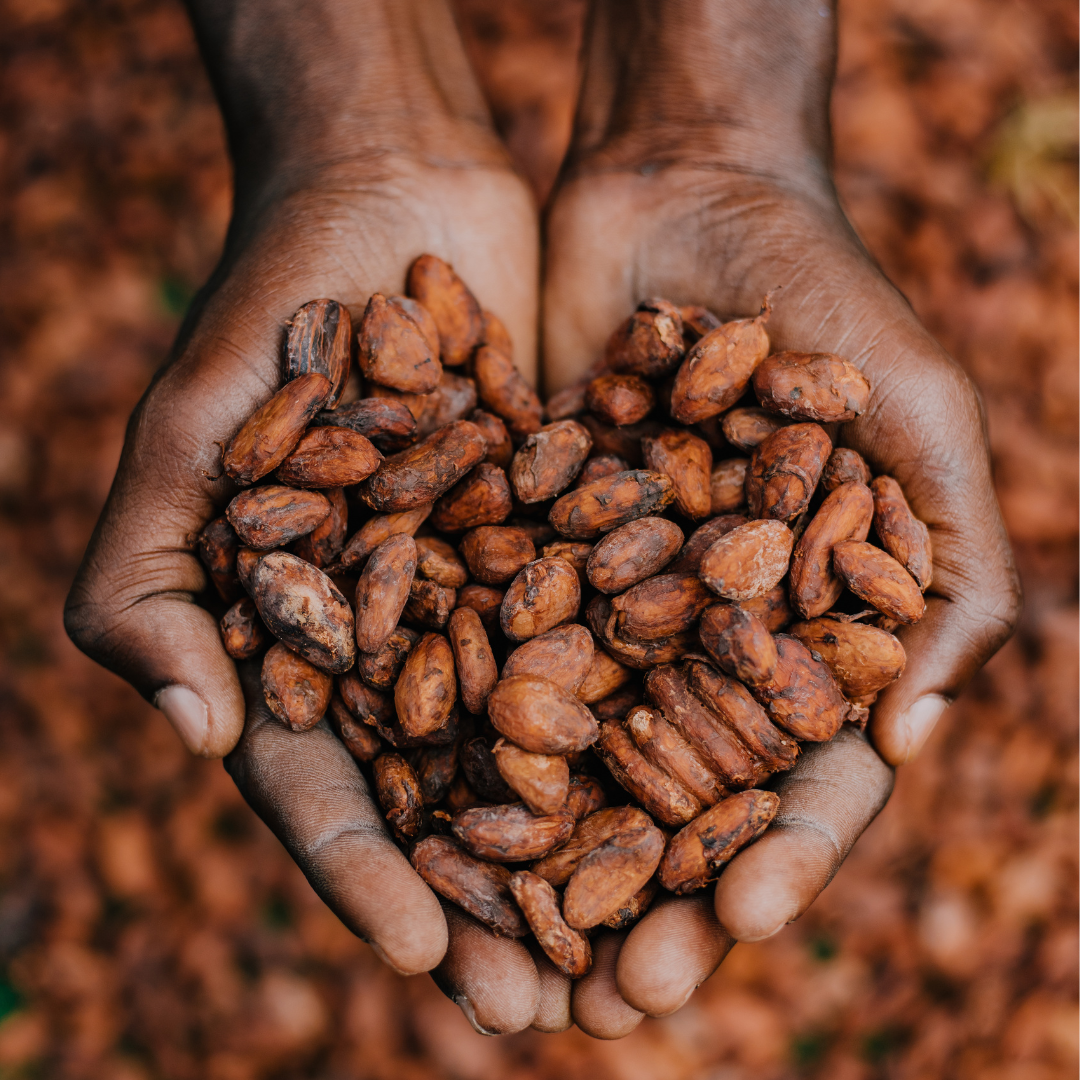We became a B Corp in January 2024 - joining a global community of brands who genuinely care about doing things properly. It means we’re held to high standards on how we treat people, the planet, and everything in between.
We’re proud of it. But we’re not done. We’re always looking for ways to do better - from the farmers we work with to the jars in your kitchen.
Because peanut butter this good should leave the world better off, not worse.
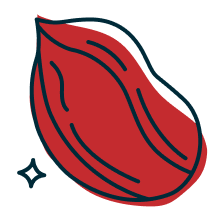
Sustainability
PROUD OWNERS OF THE B CORP BADGE
GROWN FOR THE LONG GAME
We source all our peanuts from one family-run estate in Argentina. Not just because they’re nice people (they are) - but because they grow the best peanuts on the planet. And they do it properly.
These aren’t your average peanuts. The farm rotates crops like corn, wheat and soy every 4-5 years. That naturally boosts soil fertility, cuts down on pesticides, and helps prevent erosion. It also means less water is needed - and when water is needed, they use it smartly.
Wheat and corn are low-water crops. Soy is slightly thirstier. But even with runner peanuts (the kind we use), you’re still using 16x less water than almonds. Which is great news for peanut butter fans and the planet.
Peanut plants are genius. They flower above ground, fruit below it. Their vines create a microclimate to trap moisture.Their deep roots draw more water from the soil. And they literally feed the soil - pulling nitrogen from the air and turning it into fertiliser.
OUR SECRET? NO SECRETS
We know where every peanut came from, who harvested it, and how it was grown. That means better control of quality, better protection of labour standards, and less environmental impact. No mystery nuts or compromises - just better peanut butter, from the ground up.
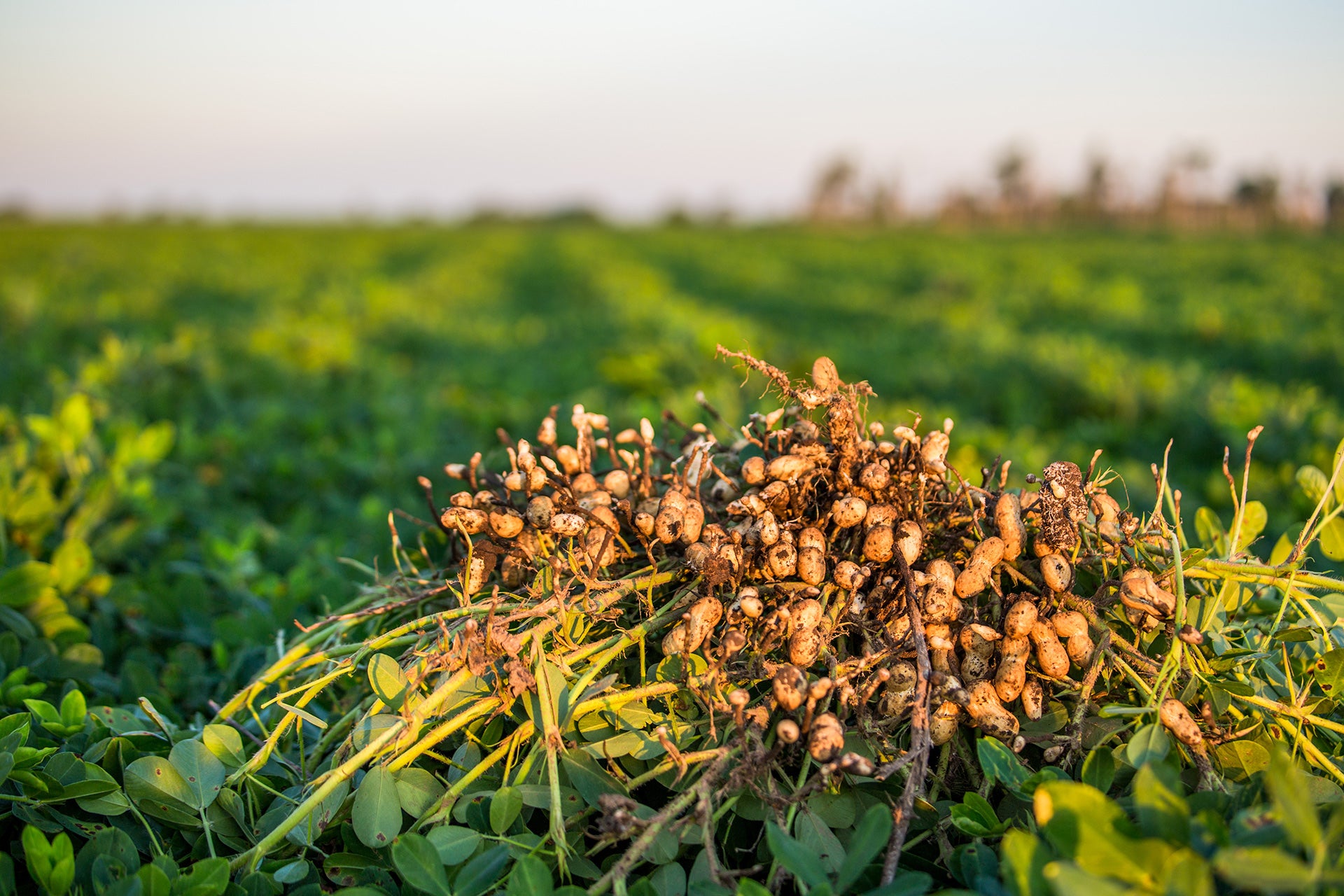
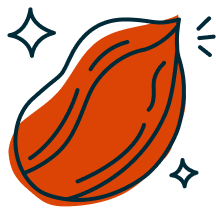
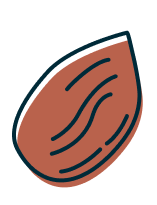
A COMMUNITY POWERED BY PEANUTS
We knew peanuts were powerful. We just didn’t know how powerful.
In 2018, the farm started turning leftover peanut shells into electricity.

The shells are burned to generate steam, powering the local region via a thermoelectric plant.

The same year, Argentina had a nationwide blackout - except for one village powered by our farm.
LOW IMPACT. BIG FLAVOUR.
Peanuts are one of the lowest-carbon sources of protein out there. Ours go a step further.
They come from a single estate in Argentina that’s seriously dialled in when it comes to sustainability. The farm has undergone a full Life Cycle Assessment (LCA) - a deep dive into everything from direct emissions to the sneaky, indirect stuff you don’t usually hear about.
The result? Just 0.456kg of CO₂ per kilo of blanched peanuts. That’s seriously low - and they’re working to lower it even further.
Bonus: they use leftover peanut shells to generate renewable electricity on-site. Which means when you crack open a jar of ManiLife, you're not just getting bold, roasty flavour—you’re supporting one of the lowest carbon nut butters on the planet.
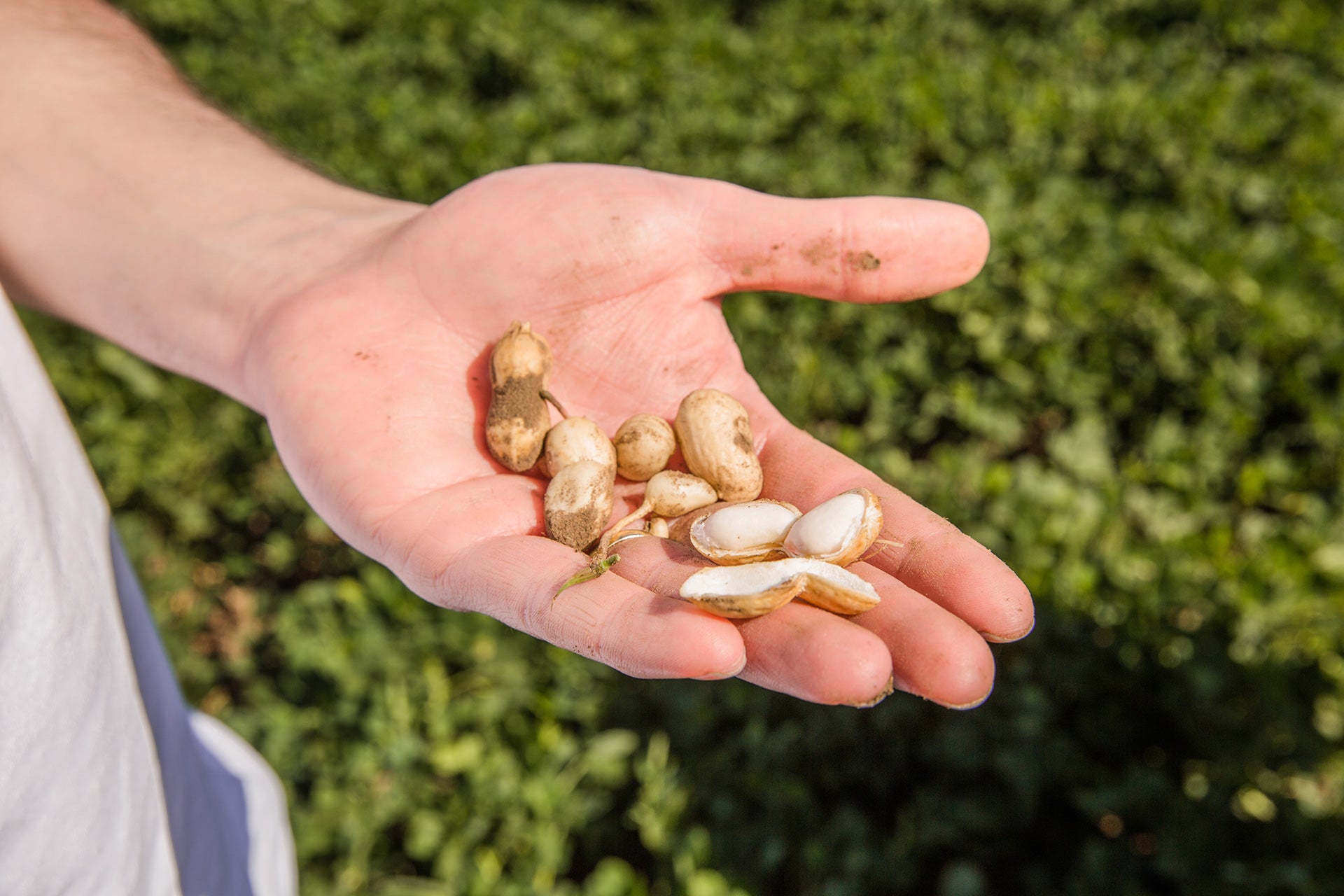
SUN'S OUT, ALMONDS OUT
We source our almonds from De Prado, a family-run business in Spain who, like us, are fully obsessed with doing things the right way. They work with Mediterranean almond varieties known for their hard shells, rich flavour, and natural resilience. Their farming methods are designed with one big thing in mind: sustainability that actually makes an impact.
Unlike the water-thirsty almond farms of California and Australia, De Prado use precise, low-impact irrigation systems to keep water use low and flavour high. Their whole approach is built around reducing their environmental footprint - without compromising on quality. Big on flavour. Small on impact. Just how we like it.
80% of De Prado's almonds are sun-dried, skipping the energy-hungry industrial dryers and letting the Portuguese sunshine do its thing.
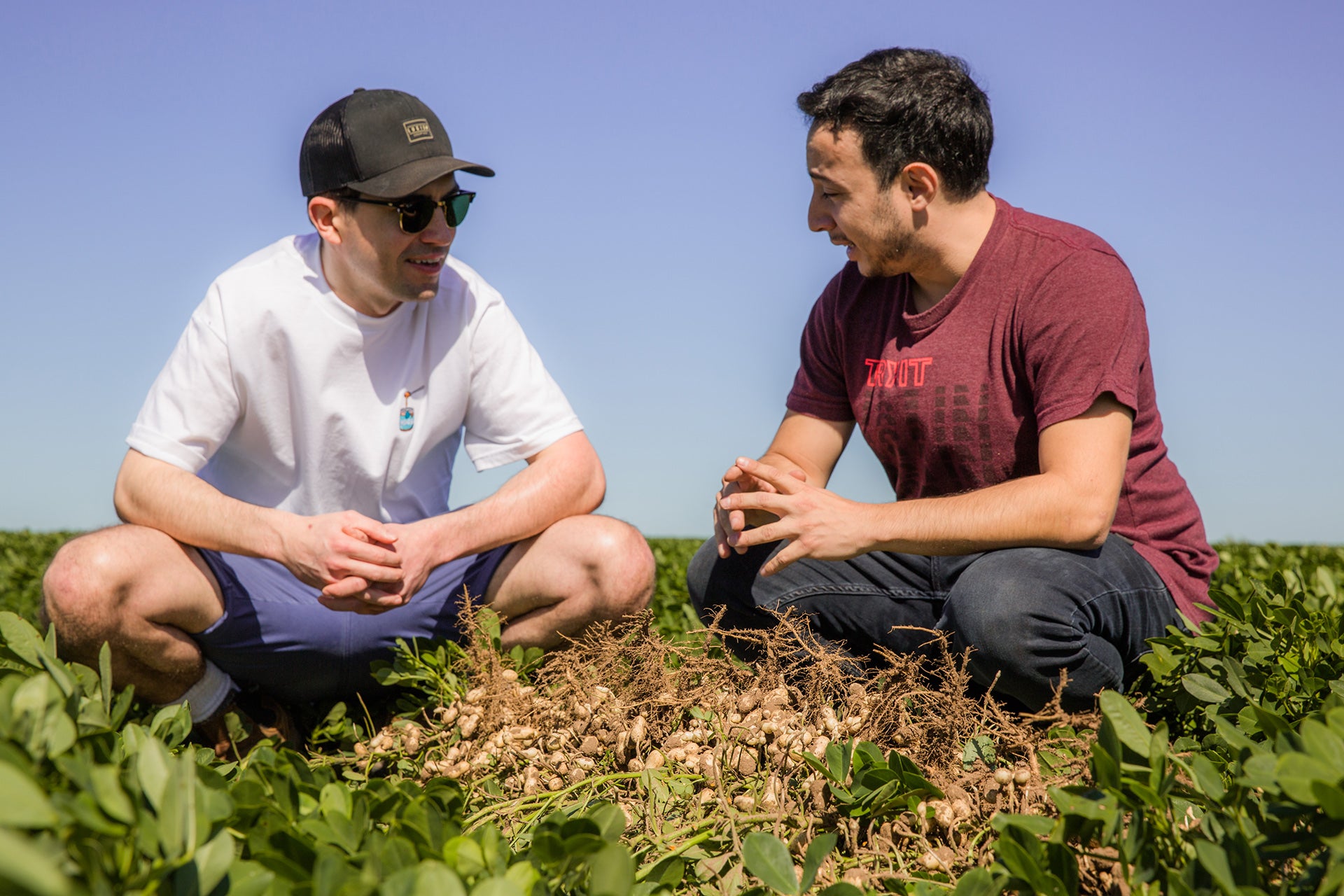
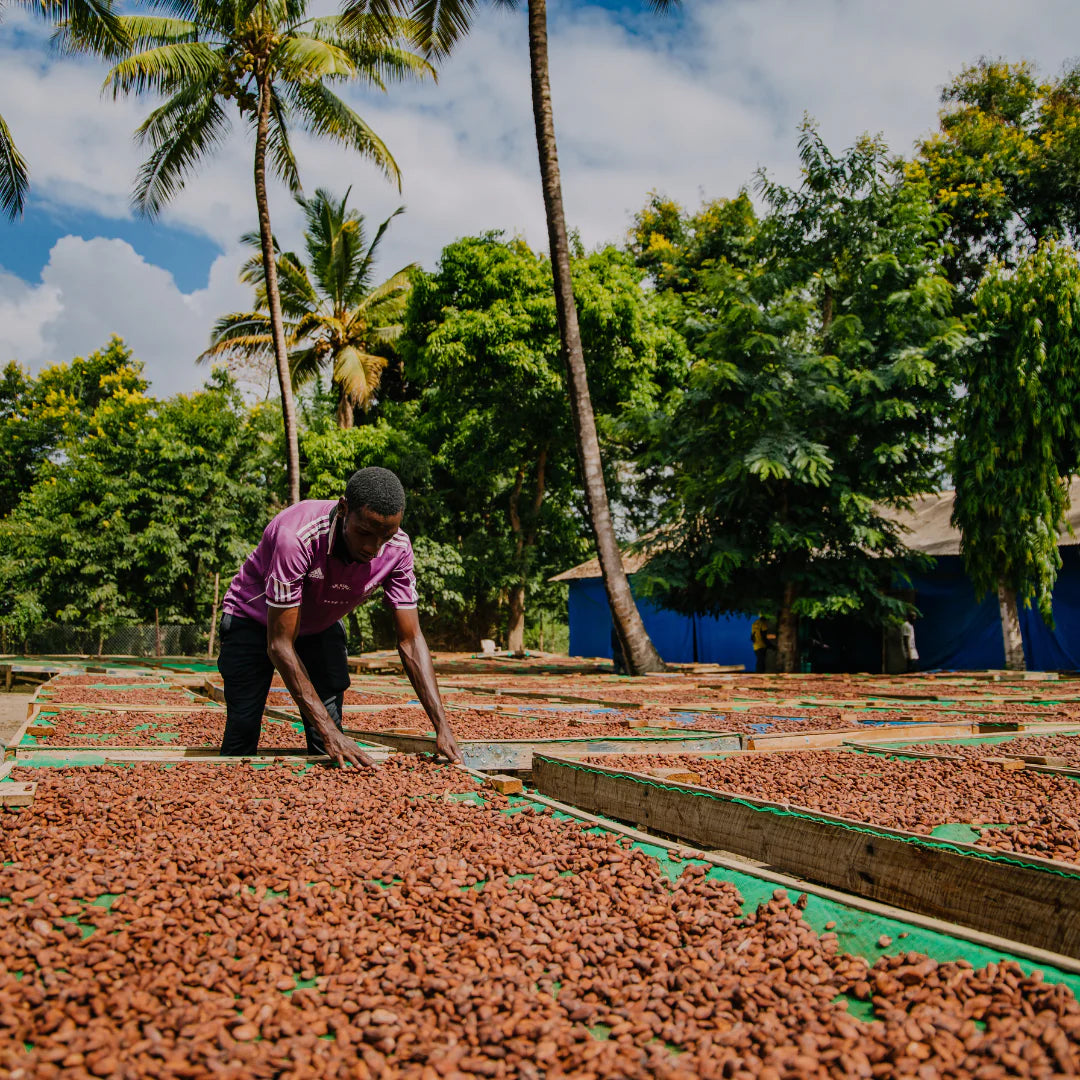
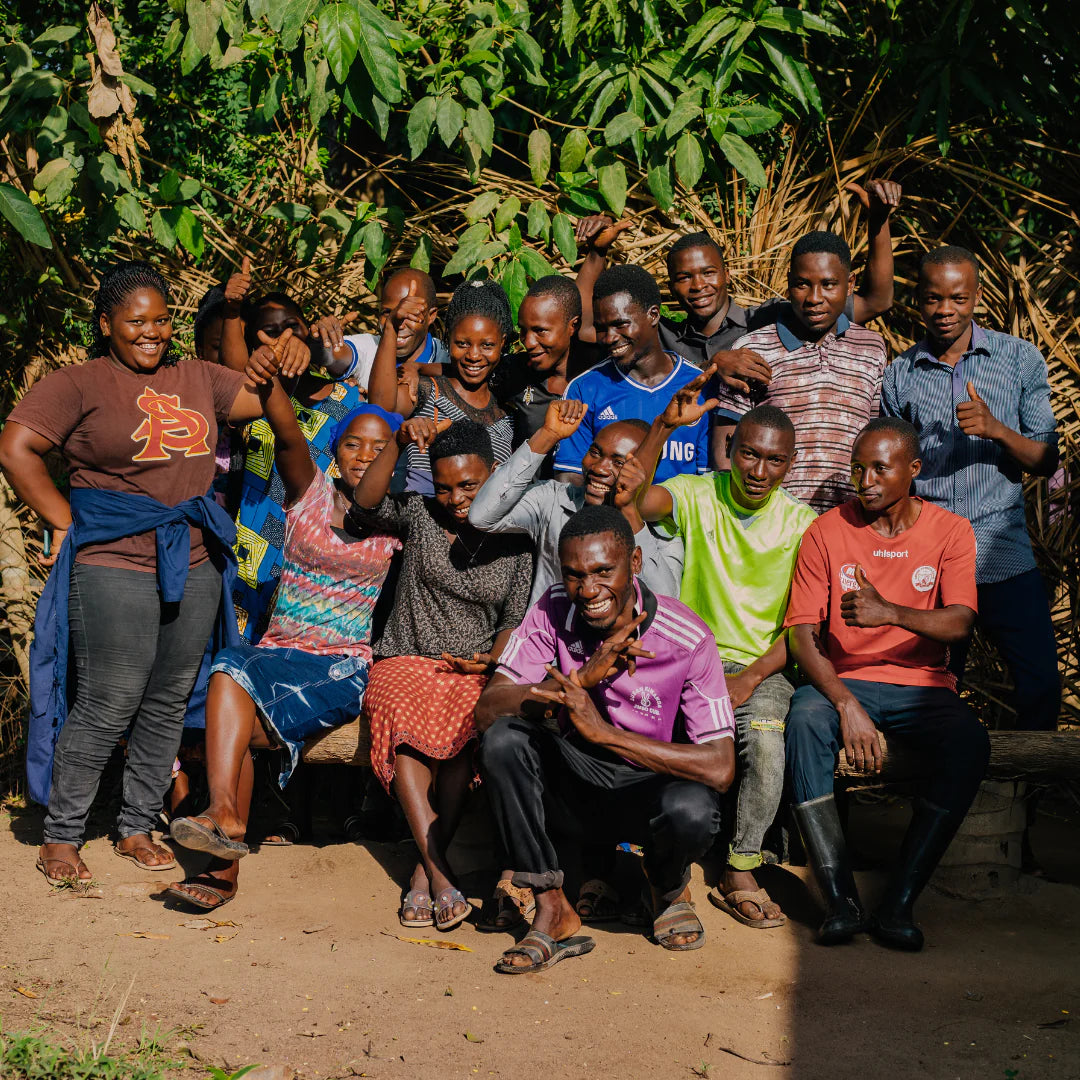
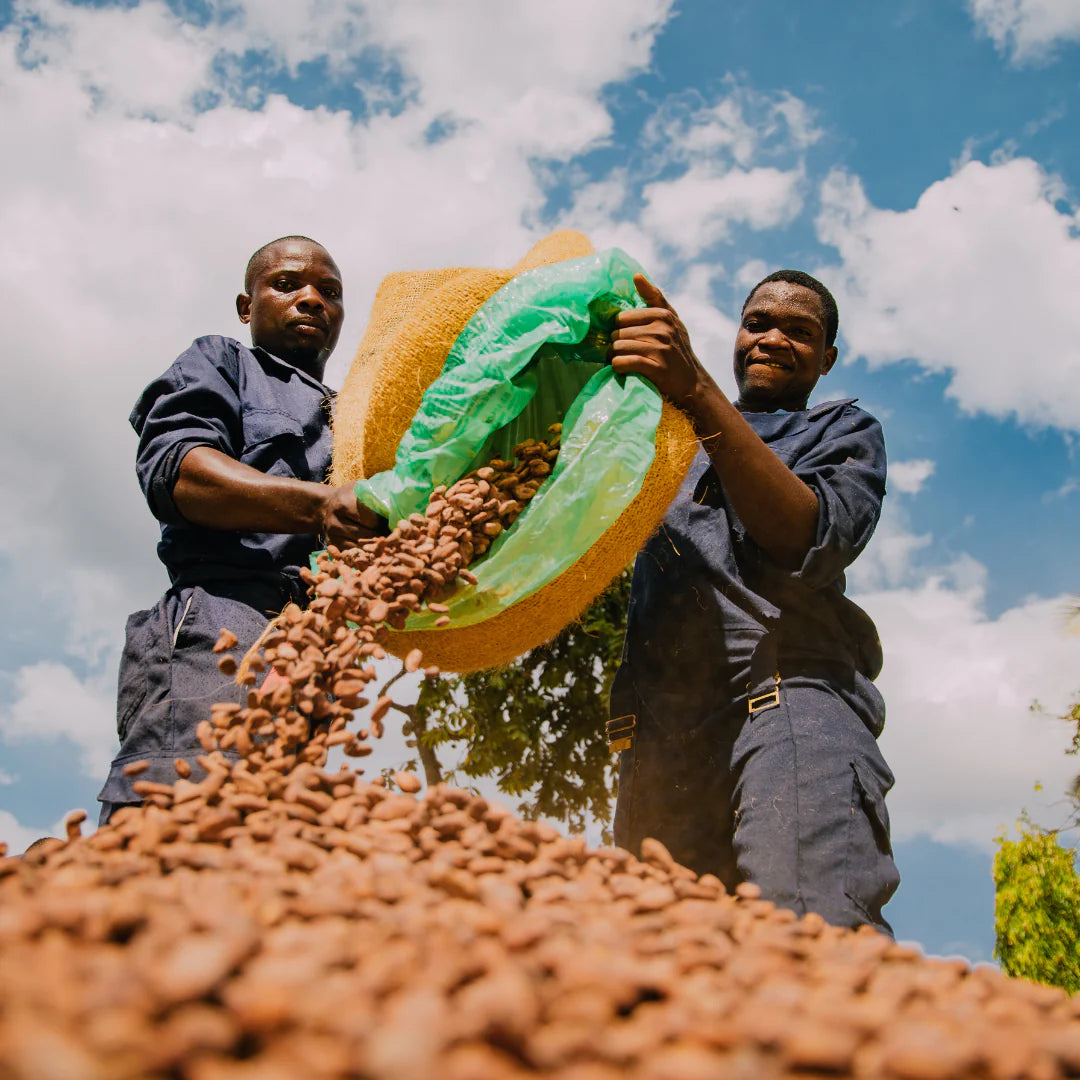
COCOA WITH A CLEAN CONSCIENCE
We source our cocoa from Islands Chocolate, a brilliant bunch who grow their own beans in St Vincent and work with ethical farming partners in the Dominican Republic.
Every single bean is sourced on zero-slavery, zero-deforestation principles, and with payments that go beyond Fairtrade - because if it doesn’t support the farmers, the forests, and the future, we’re not interested.
Some of their Dominican cacao partners are co-ops owned by the farmers themselves. Others are eco-enterprises that place cacao at the centre of wider wildlife and forest conservation programmes.
We chose them not just for the flavour (which is ridiculously good), but because they care about where it comes from just as much as we do.
